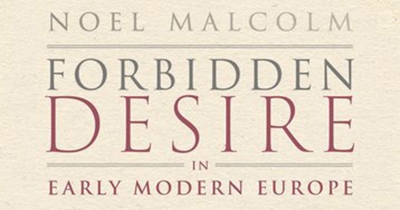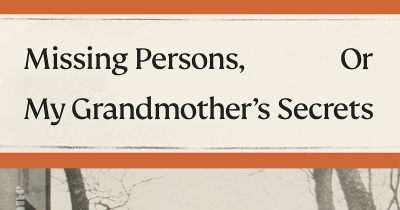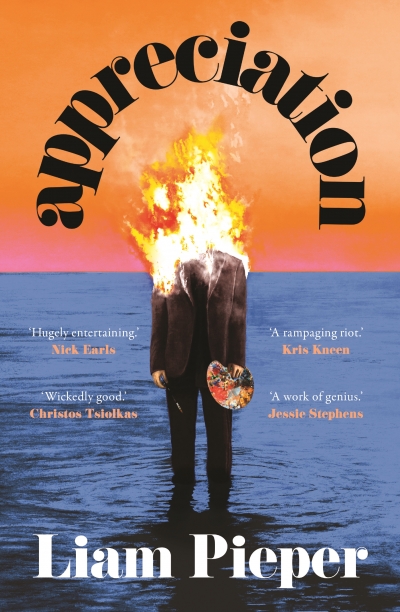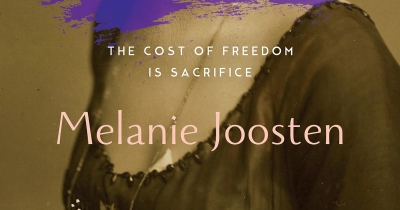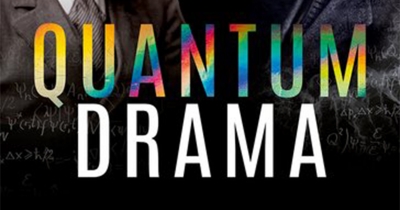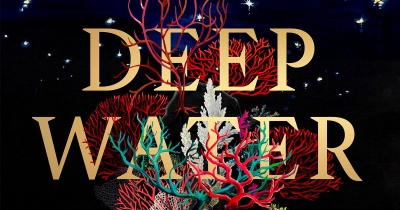Let’s face it, quantum mechanics mystifies most of us. But as Quantum Drama shows, it baffled its creators, too – so much so that some of them turned to suicide, drink, or psychiatry (Carl Jung was a favourite). Who wouldn’t go crazy, trying to get their head around such bizarre happenings as subatomic particles sometimes being wave-like, and a theory that cannot tell you the particle’s definite state – its position and velocity, say – before you measure it? In ordinary ‘classical’ physics, by contrast, you can predict in advance every point on the trajectory of an ordinary object, such as a ball or a spacecraft, launched from any given place with any particular velocity. But quantum theory does not play by these long-established rules: until you observe the particle, all the theory can tell you are the chances it will show up at various places. As Einstein asked, ‘Do you really believe the Moon is only there when you look at it?’
...
(read more)


